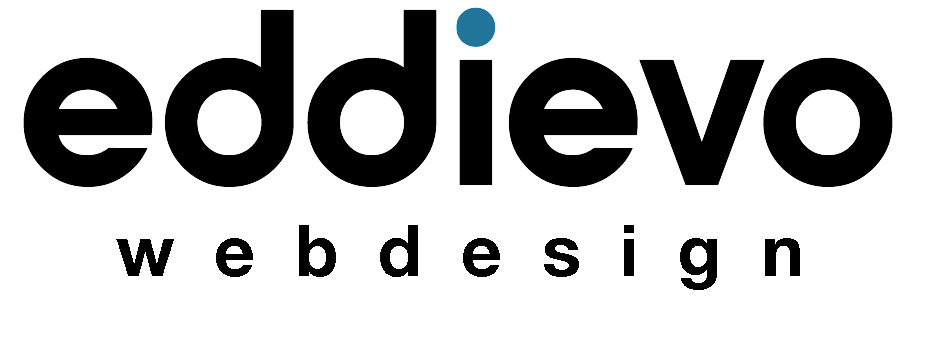In the competitive landscape of the digital world, having a well-optimized website is crucial for attracting organic traffic and ranking higher in search engine results. Search Engine Optimization (SEO) is the key to improving your website’s visibility and driving more qualified leads to your business. In this blog post, we’ll explore some essential SEO strategies that can help you optimize your website for better search engine performance and increased online visibility.

2024 Optimizing Your Website: Essential SEO Strategies for Increased Visibility
In today’s digital age, a website is often a business’s storefront to the world. But simply having a website isn’t enough. To truly thrive online, you need your website to be discoverable by your target audience. This is where SEO (Search Engine Optimization) comes in.
Effective SEO strategies ensure your website ranks higher in search engine results pages (SERPs) for relevant keywords. The higher you rank, the more likely potential customers are to find you organically, translating to increased website traffic, leads, and ultimately, sales.
So, how can you optimize your website for SEO success? Here are some essential strategies to get you started:
Keyword Research: The Foundation of SEO:
Keyword research is the cornerstone of any SEO strategy. It involves identifying the terms and phrases your target audience is actively searching for online. By incorporating these relevant keywords throughout your website content, from page titles and meta descriptions to headings and body text, you signal to search engines what your website is about and who it’s for.
Content is King (and Queen):
Search engines prioritize websites that offer valuable and informative content to users. Focus on creating high-quality, engaging content that addresses your target audience’s needs and pain points. This could include blog posts, articles, infographics, videos, or any other format that provides value and keeps users coming back for more.
On-Page Optimization: Sending the Right Signals:
On-page optimization refers to the technical aspects of your website that influence search engine ranking. This includes optimizing page titles and meta descriptions, ensuring proper header hierarchy (H1, H2, etc.), using internal linking to connect related pages, and optimizing images with descriptive alt text.
Technical SEO: The Underpinning of Success:
A website’s technical health plays a crucial role in SEO. This involves ensuring your website is mobile-friendly, has a fast loading speed, and is built with a clean and crawlable code structure. Search engines prioritize websites that offer a smooth user experience on all devices.
Backlinks: Building Trust and Authority:
Backlinks are essentially links from other websites pointing back to yours. Search engines view backlinks as a sign of trust and authority. The more high-quality backlinks your website has, the higher it’s likely to rank in search results. Focus on creating link-worthy content that other websites will want to cite and share.
Embrace the Power of User Experience (UX):
Search engines are constantly evolving to prioritize websites that offer a positive user experience (UX). This means ensuring your website is easy to navigate, visually appealing, and provides clear calls to action. A well-designed website keeps users engaged and coming back for more, which is a positive signal for search engines.
Stay Mobile-First:
With the ever-increasing use of mobile devices, it’s crucial to ensure your website is mobile-friendly. This means having a responsive design that adapts seamlessly to different screen sizes. Search engines prioritize mobile-friendly websites, and a poor mobile experience can significantly hinder your SEO efforts.
Local SEO: Getting Found in Your Neighborhood:
If your business caters to a local audience, optimizing your website for local SEO is essential. This involves claiming and verifying your Google My Business listing, using relevant local keywords throughout your website, and building citations from local directories.
Embrace the Power of Analytics:
SEO is an ongoing process, and data is your friend. Utilize website analytics tools like Google Search Console to track your website’s traffic, identify your top keywords, and understand user behavior. By analyzing data, you can refine your SEO strategy and focus on tactics that deliver the best results.
Stay Ahead of the Curve:
The world of SEO is constantly evolving. Search engine algorithms are updated regularly, and what works today might not work tomorrow. Stay updated on the latest SEO trends and best practices by following industry blogs and attending relevant webinars.
Remember, SEO is a marathon, not a sprint. By implementing these essential strategies and staying committed to ongoing optimization, you can improve your website’s visibility and attract more qualified traffic, ultimately achieving your business goals.
Stay tuned for our next post, where we’ll delve deeper into specific SEO tactics and how VE Cloud can help you develop a winning SEO strategy for your website!

